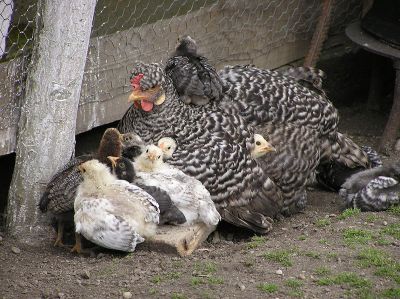Intensive
production systems will play a key role in feeding a growing global
population, but they must be sustainable. This means being
environmentally friendly and allowing a reasonable profit for producers.
This is a challenging task. One of the main ways in which
sustainability can be achieved is through improving feed conversion
efficiency (FCE) of farm animals.
The aim of the EU-funded ECO-FCE
project is to improve understanding of factors affecting individual
variation in FCE. It will identify management and nutritional routes
through which FCE can be improved, and nutrient and greenhouse gas
emissions reduced. Models and tools will be produced to help
stakeholders to understand, measure and manage the impact of management
decisions on FCE and the environment.
So far a major search of literature has produced a large ‘ECO-FCE
electronic database’ of information on dietary, genetic and gut factors
affecting FCE in pigs and broiler chickens. Collaboration between
academic and industry partners is resulting in the development of
genetic models aimed at increasing the accuracy of selection for feed
efficiency in pigs. Genome wide association studies have revealed
several regions of interest for further exploration.
Research into differences in gut microbiology, structure, function
and immunology in pigs and broilers with differing FCE is well underway.
Nutritional studies are also ongoing to determine the effect of dietary
factors and nutrient levels in early life on FCE-related parameters in
later life and the impact of feed additives on nutrient digestibility is
being evaluated.
Project outcomes are expected to be widely disseminated and adopted
due to the strong industry presence in the ECO-FCE team. This work will
also place EU scientists at the forefront of research in pig and broiler
chicken production.
 EN
EN  CS
CS DE
DE ES
ES FR
FR HU
HU IT
IT PL
PL PT
PT РУ
РУ SK
SK TR
TR УК
УК AR
AR 中文
中文







